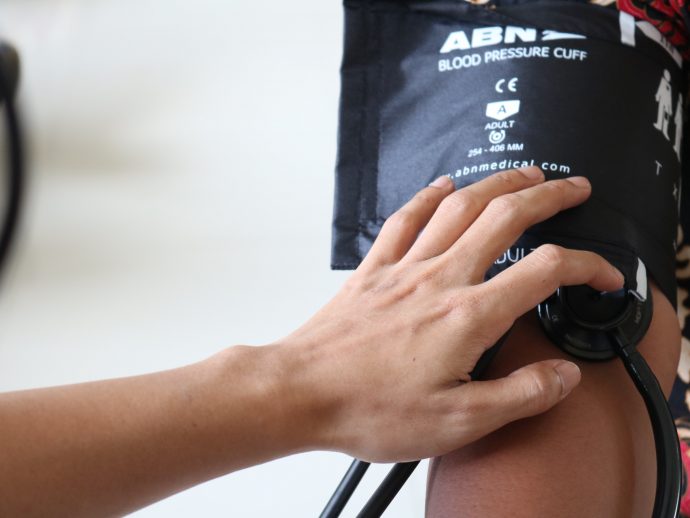
Struggles with body image, pressure to have a particular body type, and weight-based stigma are often thought of as women’s issues. But research paints another picture.
A 2018 study published in the journal Obesity found that 40 percent of the more than 1,500 male participants in the study had experienced weight-based stigma (either because they were underweight or overweight).
Other recent studies have found that men struggle with body image; one study found 10 to 30 percent of men show body dissatisfaction, and 69 percent of male adolescents were dissatisfied with their weight.
Weight gain may also have become more of a sore spot because of the pandemic. In a recent survey, nearly one-third of the participants had gained weight since March 2020.
How women, men, and boys compare when it comes to weight stigma
“For both men and women, there’s a pressure not to be overweight,” says clinical and health psychologist Dr. Kaley Roosen.
“But, for men, there’s also a pressure to be particularly fit, and often, fitness goes with masculinity. And that can look like a lot of different things, such as bulking up or having a trim yet muscular figure.”
Roosen adds that pressures for men may also increase with age. That’s because in their late twenties and early thirties, many must start thinking about and managing their weight, something they didn’t need to worry about in their younger years.
Boys may be particularly susceptible to weight-based stigma, says Roosen, because they’re going through puberty and may be dealing with bullying and being made fun of at school.
Health implications
Experiencing weight stigma increases odds for engaging in binge eating and lower self-ratings of health. Experiencing weight stigma and internalizing it (for example, blaming themselves) have been associated with more depressive symptoms and an increase in dieting behaviors in men.
Strategies for change and coping
In some ways, because the field has been concentrated on women, men are disadvantaged, says Roosen. For instance, for women there are many positive body-image role models on social media, something that is not as acceptable to men.
She suggests trying to avoid focusing on image and concentrate more on how your body feels, when you feel best physically and psychologically, and what your lifestyle preferences would look like when you think of friends or how to enjoy food.
How to approach dieting healthfully
The necessary balance between self-acceptance and health looks different for everyone, says registered dietitian Brandon Gruber. “We all have our own perspective about what self-acceptance and health means, which are very valid,” he says.
Gruber endorses a holistic approach when it comes to one’s diet. That involves focusing on how you’re fueling your body, combined with movement and/or exercise, and being aware of your mental health. With this approach, you’re more likely to notice when you’re pushing yourself in an unhelpful direction.
Diets could lead to the adoption of disordered eating habits or a clinically diagnosable eating disorder. Warns Gruber, “Just like females, those who identify as men or boys can mask disordered tendencies as a diet or something related to sport or exercise.”
To help you set up a plan in a way that protects your mental and physical health, you may want to consult a dietitian. They can ensure you’re not at risk for nutrient deficiency or any accompanying health risks that can emerge when you don’t know how to properly approach a particular diet, according to Gruber.
Written by Carimé Lane






